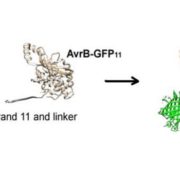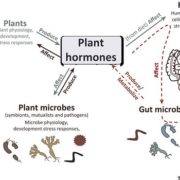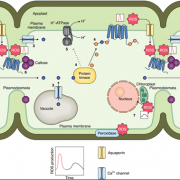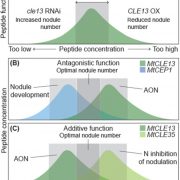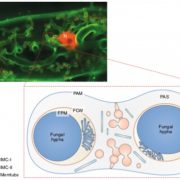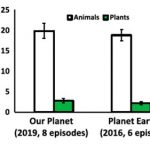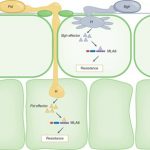MAP kinase cascade acts as a hub to decide the ways to fight infection (Sci. Adv.)
 Much of our understanding of plant immunity comes from studies of pathogens that infect mesophyll tissues, (e.g., Pseudomonas syringae). However, there are many pathogens that specifically invade vascular tissues (e.g., Xanthomonas oryzae pv. oryzae; Xoo), which causes rice bacterial blight. In a recent report by Lin et al., the authors detected a signaling cascade that provides specificity between vascular or mesophyll pathogens. This cascade includes a phosphatase MKP1, two well-studied MAP kinases MPK3 and MPK6, and a transcription factor MYB4. The MKP1-MAPK cascade is known to negatively regulate immunity in mesophyll cells by ROS and SA pathways. On the other hand, the authors observed that in vascular tissue MKP1-MAPK signaling induces plant defense by lignin biosynthesis via inactivation of MYB4. This immunity leads to resistance against vascular pathogens in rice and Arabidopsis. Thus, this study reveals how plants have evolved to use the same signaling players in different ways to fight against different types of pathogens. (Summary by Kamal Kumar Malukani, @KamalMalukani). Science Advances 10.1126/sciadv.abg8723.
Much of our understanding of plant immunity comes from studies of pathogens that infect mesophyll tissues, (e.g., Pseudomonas syringae). However, there are many pathogens that specifically invade vascular tissues (e.g., Xanthomonas oryzae pv. oryzae; Xoo), which causes rice bacterial blight. In a recent report by Lin et al., the authors detected a signaling cascade that provides specificity between vascular or mesophyll pathogens. This cascade includes a phosphatase MKP1, two well-studied MAP kinases MPK3 and MPK6, and a transcription factor MYB4. The MKP1-MAPK cascade is known to negatively regulate immunity in mesophyll cells by ROS and SA pathways. On the other hand, the authors observed that in vascular tissue MKP1-MAPK signaling induces plant defense by lignin biosynthesis via inactivation of MYB4. This immunity leads to resistance against vascular pathogens in rice and Arabidopsis. Thus, this study reveals how plants have evolved to use the same signaling players in different ways to fight against different types of pathogens. (Summary by Kamal Kumar Malukani, @KamalMalukani). Science Advances 10.1126/sciadv.abg8723.


